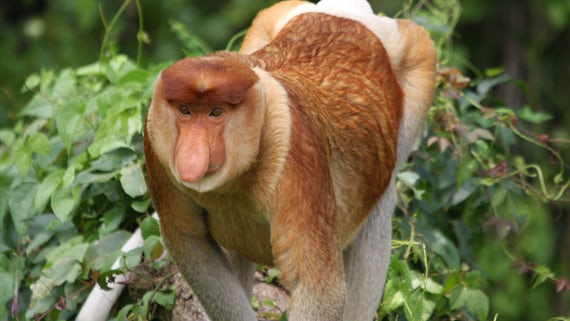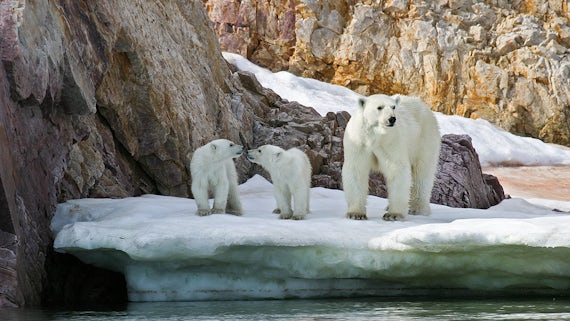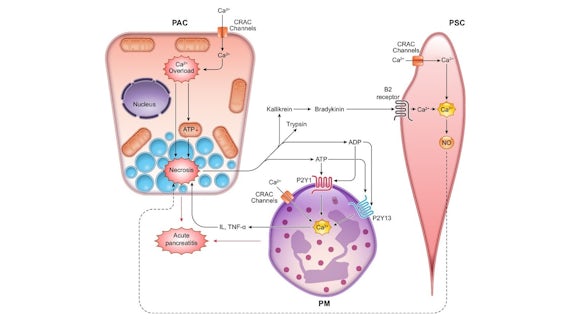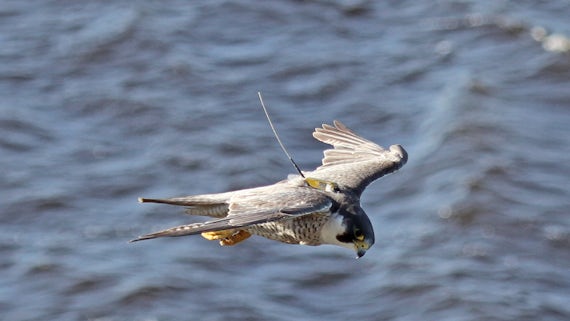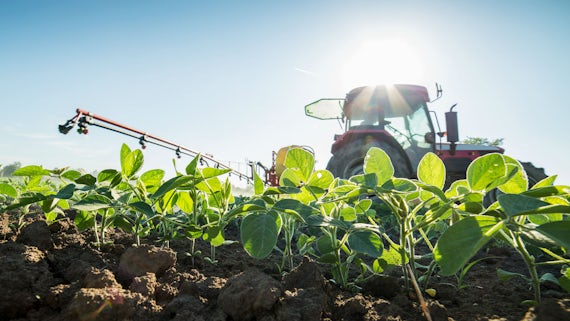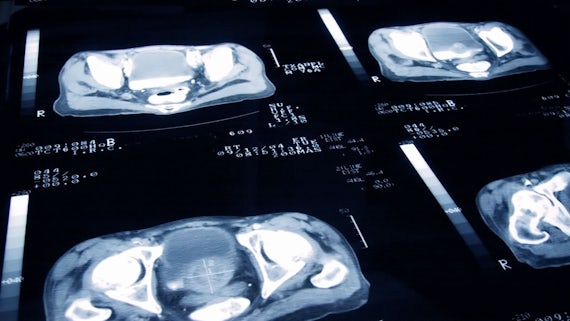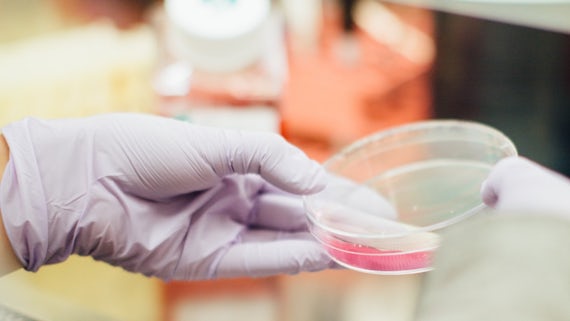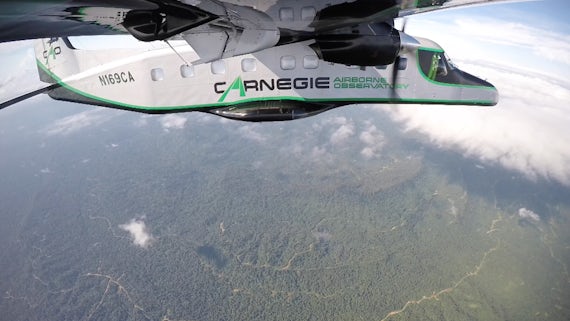Making a difference at the School of Biosciences
Our research has a real impact across many areas, addressing major global challenges, seeking to deliver new solutions with major economic, societal and environmental impact.
Impact highlights

“The research in the School of Biosciences is delivering impacts that are solving some of the biggest global challenges of our time. From sustaining ecosystems to keeping the world’s population healthy, our innovative and collaborative approach is finding the solutions.”
Research highlights

Toxic ‘forever chemicals’ found in otters across England and Wales – new research
A group of synthetic substances known as “forever chemicals” because of their environmental persistence have been found in otters across England and Wales.

30 year river study finds overlooked extinction effect
Global change is causing freshwater species to be lost twice as fast as in any other ecosystem, and new research, which studied Welsh rivers and streams for over 30 years, has found that the number of specialist invertebrates are dwindling.

Returning lost eagle species to Wales
Research taking place in Wales could see the return of lost eagle species to our countryside, bringing both conservation and economic benefits.
Find out more about our submission and view the results.

